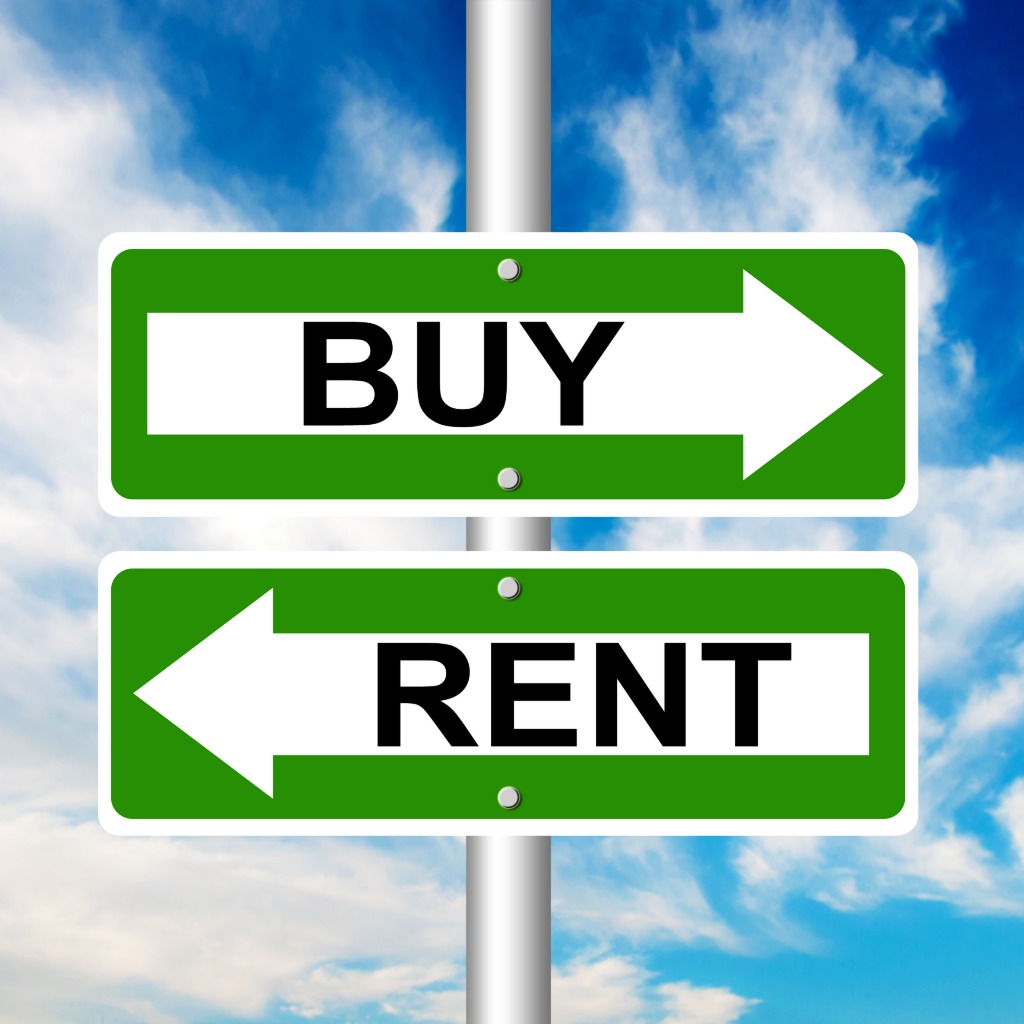
Rent Versus Buy: How Tax Reform Adds To The Decision
 Historically, or at least before the housing crash of 2008, home ownership was considered to be a sure way of increasing your net worth. America’s post World War II economy had a reasonably steady level of growth, and population increases and demand for housing supported a rise in prices. In addition, fiscal policy favored home ownership, and a home in a suburb with a good school system seemed like a great investment. Even during the 2008 crash, homes in well-established neighborhoods with coveted public school systems saw smaller price declines.
Historically, or at least before the housing crash of 2008, home ownership was considered to be a sure way of increasing your net worth. America’s post World War II economy had a reasonably steady level of growth, and population increases and demand for housing supported a rise in prices. In addition, fiscal policy favored home ownership, and a home in a suburb with a good school system seemed like a great investment. Even during the 2008 crash, homes in well-established neighborhoods with coveted public school systems saw smaller price declines.
Real estate prices are driven by local conditions. According to Rory S. Coakley, President of Coakley Realty in Rockville, Md., “population change, the strength of the local economy, job creation, the supply of available housing, and other factors all help to create market conditions.” For example, in 2008, home prices in Phoenix slumped dramatically, while the Washington D.C. region saw prices remain more stable due to an expanding federal government. This illustrates how a national analysis of the real estate market may or may not apply to your local situation.
The recently passed tax law, The Tax Cut and Jobs Reform Act of 2017, further underscores the idea that “all things in real estate are local.” The tax law limits the annual federal income-tax deduction on state and local income tax as well as property taxes to $10,000. In states with low or no income tax, few people will be impacted by this tax change. But in Maryland, Alaska, New Jersey, and other high-tax states, a household income of $140,000 can put you in the (upper range of) middle class, according to Business Insider and the U.S. Census Bureau, 2016 American Community Survey. Many Americans perceive this amount of income to be reserved for the wealthy, but in many high-cost, high-tax areas—think Bethesda, Md., Newport Beach, Calif., or Fort Lee, N.J.—income in the $140,000 range is solidly middle class. In high-tax states, a family with an income of $140,000 can pay $10,000 or more in state and local income taxes—which means that no portion of their property taxes will be eligible for a federal income tax deduction in 2018. For families in these high-property-tax locales, the Tax Bill has significantly raised the cost of home ownership (and may negatively impact future price appreciation) by also limiting the amount of interest expense that is tax deductible.
Consider a family that is paying more than $10,000 per year in state and local income tax. In 2017, if property taxes were $15,000, a homeowner in a 35% tax bracket received a tax benefit of $5,250. In 2018, while they may benefit from an increased “standard deduction,” they are unable to deduct any portion of their property tax, so they “lose” this $5,250 tax break. Further adding to their 2018 financial pain is that in 2017, mortgage interest was tax deductible on loans up to $1,000,000, but now it is limited to $750,000. If your loan interest rate is 4.25% on a primary residence with debt of $1,000,000 or more, the net impact from the loss of your tax deduction for interest on this differential of $250,000 is $3,718. These total $8,968 (every year, plus or minus any adjustments to your interest rate, loan balance, property tax assessment, and other factors); so you can see how this cost adds up. Worse yet, if your marginal tax rate last year was 39.6%, your net impact in this example is $10,147 in 2018.
When looking at owning a larger home for someone in the top income tax bracket, the impact is even more dramatic. If property tax is $20,000 per year and the mortgage balance is over $1,000,000, you no longer benefit from over $12,000 of combined property tax and mortgage-interest tax savings. This is leading many people to consider relocating to lower-cost areas and/or to downsize. The temptation may be to say, “While the Tax Bill means I’ll pay more in property tax, it also gives me a higher standard deduction; so as a homeowner, I may not be paying more taxes on an overall, net basis.” That may be true, but individuals who are faced with a new decision on whether to rent or buy are looking at the net cost of their decision as of today—and buying an upscale home is more costly which can impact their rent-versus-buy calculation
Which brings me to perhaps the most important aspect of the rent-versus-buy decision: what are you trying to accomplish? If your goal is to live a simpler, more flexible, less costly lifestyle in a more modest residence, then renting may be your superior option. If you want to plant roots, you are not too concerned about a somewhat higher cost, and you feel you would benefit from the forced repayment of principal to accumulate equity, then owning likely wins.
Coakley emphasizes that “the decision to buy versus rent takes on many considerations and shouldn’t be looked at only from a financial standpoint.” Nevertheless, the recent tax law, especially for higher earners in high priced areas, is shining a light on the true cost of owning a piece of the American Dream.



Engage us on Facebook
Follow us on Twitter
Tweets by @mymcmedia